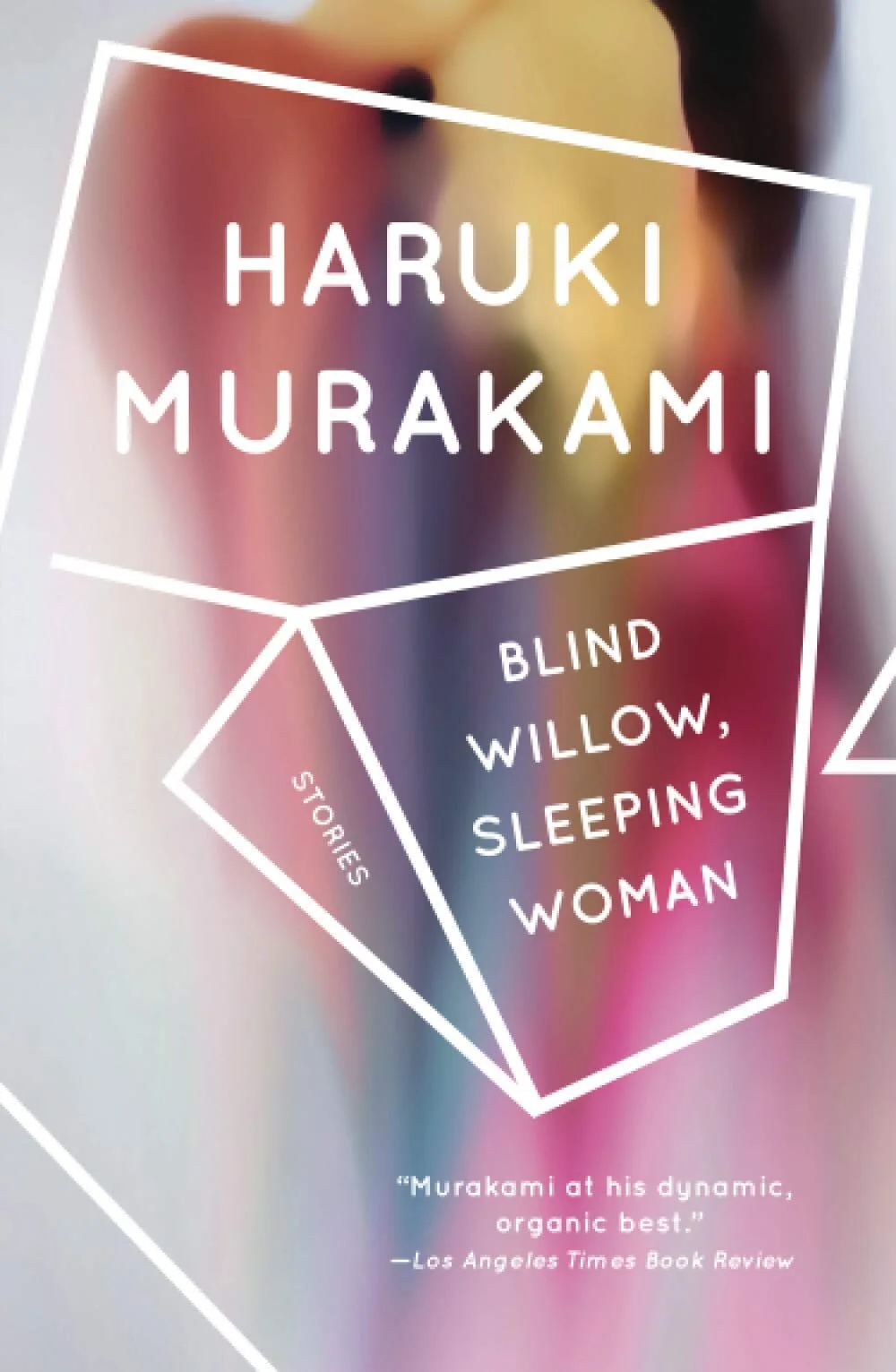Blind Willow, Sleeping Woman
Blind Willow, Sleeping Woman by Haruki Murakami, 2006
Final Verdict: ★★★★
Aya Takano, The present day, and then..., 2017.
Perfect kaleidoscope of Murakami—a collection with a nice, wide scope of variety. These stories are a beautiful escape into the world he creates.
I read this book before bedtime over the span of almost five months (I'm really sorry for taking so long, dear public library), so, yes, some of the stories have already slipped my mind by the time I'm writing this review.
Which is honestly a good thing, since the beautiful and truthful stories have inevitably stuck - making it a lot easier for me to pick them out and write about them!
Here are the standout stars for me: (In general chronological order)
- Hunting Knife
- Dabchick
- The Year of Spaghetti
- Fireflies (only pt. 1) I'd already read this story in After the Quake, so I remembered the beginning very strongly and loved reading it again - however, I'd completely forgotten how it ended because the ending was a little too contrived/fragile, and not impactful :(
- The Kidney-Shaped Stone That Moves Every Day
- A "Poor Aunt" Story
I'll try writing individual Goodreads listing reviews on each of the stories I found meaningful, since compiling them all here would make this review painfully long. (If you’re looking for more ways to exercise your brain by reading my barely comprehensible writing, here’s a blog post inspired by a character in The Kidney-Shaped Stone!)
Stories that I liked: (but that didn't really stick in my mind as strongly)
-Blind Willow, Sleeping Woman
-A Perfect Day for Kangaroos
-Nausea 1979
-Tony Takitani
-The Rise and Fall of Sharpie Cakes
-The Ice Man
-Crabs
-Chance Traveler
-Where I'm Likely to Find It
-A Shinagawa Monkey
Stories I did not enjoy:
-Fireflies (pt. 2 - the ending)
Strangely abrupt and too heavy on the symbolism of the 'firefly;' its unnaturalness (contrary to how Murakami's stories usually flow naturally) made it unenjoyable for me
-Hanalei Bay
This story also had a strange cadence that did not sit right with me. Time passed very unnaturally (e.g. ten years flashed by in a single sentence), and to me the story was quite bland except for the few parts with important symbolism, which unfortunately felt too intentional to be impactful. Not really much of the usual mystique found in Murakami's stories.
Stories that I've already forgotten: (so I think they could be considered mediocre)
-Birthday Girl
-New York Mining Disaster
-Airplane: Or, How He Talked to Himself as If Reciting Poetry
-The Mirror
-A Folklore for My Generation: A Pre-History of Late-Stage Capitalism
-Man-Eating Cats
-The Seventh Man
Final thoughts:
Even though the number of standout stars was much smaller than the total number of stories (& there were also quite a few mediocre stories), I'm still tipping the overall rating towards the positive side: 4 stars! (But the average of all these individual story ratings would probably be 3 stars)
Reading this book (& a few stories in particular) still helped change my mind. It helped me discover powerful universal truths, hidden in strange tales of tightrope-walking or cooking spaghetti. There were definitely several times when I put the book down to quickly dump thoughts/revelations into my notebook, feeling a real, and visceral, connection to the message of a story.
And finally, here's one of the quotes that was most powerful to me:
Everything has its 'reasons' ... We just don't notice as we go about our lives. But then at some point we are made to notice ... it rocks you. Everything, including a stone, knows everything that's inside you. And all we can do is go with those things. As we take them in, we survive, and deepen.
- from "The Kidney-Shaped Stone That Moves Every Day"
More mediocre book reviews can be found on my Goodreads! Thanks for reading ☺︎



